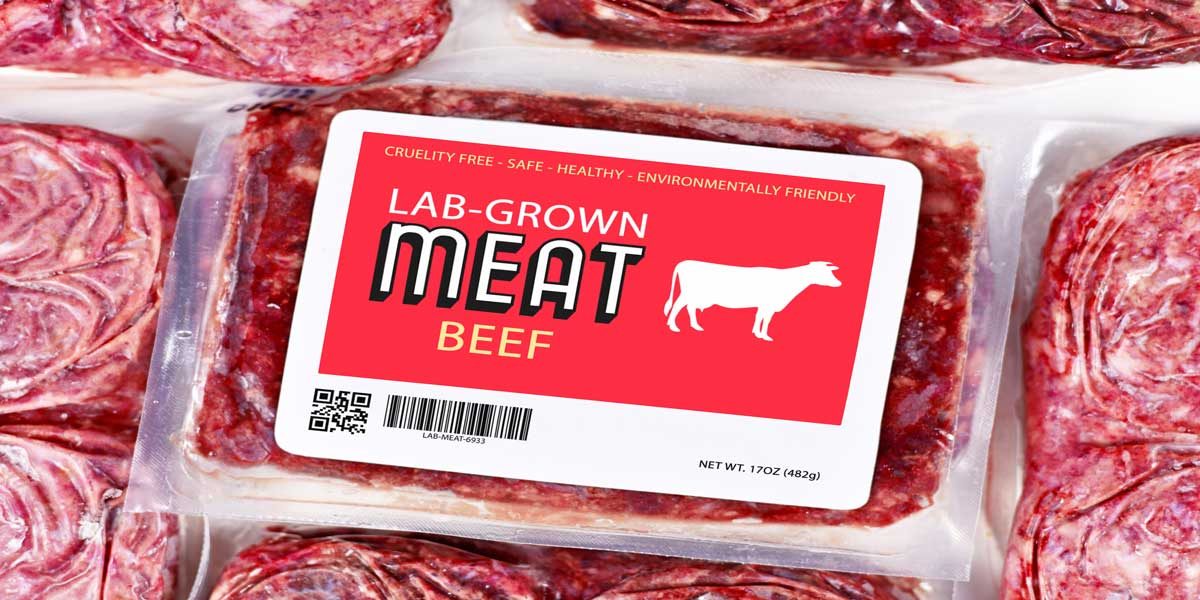Since an increased focus on sustainability has risen out of fears of climate change, the option of lab-grown meat — referred to within the industry as cultivated meat — has emerged. While it may sound like something from a science fiction movie, cultivated meat products are already a reality.
A recent study conducted to assess how ready the world may be to accept cultivated meat products found a “high level of acceptance” for the product in the US, India, and China. It seems like the world may be ready for cultivated meat, and biotechnology company Atelier Meats is here to help revolutionize the global food market.
Reshaping the global food system
Atelier Meats is changing how consumers look at meat products and how companies can bring those products to dinner tables. The company has created real meat in a clean lab environment through biotechnology and advanced tissue engineering. The steak, pork chops, and chicken breasts that Atelier Meats produces are considered “structured,” meaning they more closely resemble traditional, animal-derived meat products.
This science-driven pathway to more sustainable meat products directly answers the problem of factory farming. Kelsey Ramsden, CEO of Atelier Meats, feels the sky is the limit regarding what this technology can do for the world.
“The talk of cultivated meat hitting dinner tables worldwide has been bandied around for some time,” explains Ramsden. “As far-fetched as this concept may seem, the results are real.” By creating a product that looks just as people expect, tastes great, and is sold at a reasonable price, Atelier is giving people all the more reason to take a chance on cultivated meat products.
Answering the call for sustainable food production
It’s no secret that factory farming is problematic. The process creates a large amount of animal waste, contaminating the air with greenhouse gases and waterways with waste products laced with zinc and other heavy metals. This contamination poses a threat not only to the environment but to human health.
According to studies, a whopping 75% of consumers are concerned about the environmental impact of the products they buy. This is especially true among young people who tend to be more attuned to the sweeping changes required to make a positive environmental impact. When discussing whether the world is ready for cultivated meat products, the discussion likely needs to turn to the demand consumers have already shown for more sustainably sourced food and how the cultivated meat products are marketed and presented.
The industry needs to consider the ethical treatment of animals as well. Consumers not only care about environmental impacts but also animal cruelty issues; the unethical treatment of animals may often keep consumers from buying a product.
“Atelier only deals with farmers who keep animals in humane, cruelty-free conditions and do not raise them for slaughter,” Ramsden says. “The collateral benefits of this process include clean air, clean water, and a pristine environment.”
Investors have already shown marked confidence in cultivated meats, enlisting well-known chefs such as Jose Andres to showcase what they can do with the products in high-end presentations. Celebrities such as Ashton Kutcher and Leonardo DiCaprio have thrown their support behind cultivated meat companies as well.
The path from lab to typical consumer dinner table isn’t without obstacles, however. There is funding to consider and the need for increased production, which would allow companies like Atelier Meats to offer their products at reduced, consumer-friendly prices. Given inflation and the increased cost of groceries throughout the past several years, the cost of these products will be a concern for the average consumer — regardless of how sustainably the products are created.
Real meat, real taste
With some cultivated meat products, it is often the case that the taste leaves something to be desired. Atelier Meats is setting itself apart from the competition by creating real meat within the lab without requiring the death of an animal. Stem cells and growth hormones are extracted from living animals and used as “seeds” to grow the meat products, allowing Atelier to offer a product that tastes just like real meat.
“At the end of the day, people eat meat because it tastes good. But cultivated meat companies can’t replicate the taste of real meat,” Ramsden explains. “I don’t believe customers’ palates need to change. That’s why, at Atelier Meats, we are developing mouth-watering real meats.”
The future is cultivated
The cultivated meat industry has already raised 2 billion in investments globally. It is well on its way to becoming an everyday reality for consumers seeking a more ethical and sustainable way of consuming meat products. With continued transparency and efforts to showcase the benefits of cultivated meat, the world will be ready to embrace the technology.
To many, the writing is on the wall that our planet is in crisis, and bold steps need to be taken to stop the destruction of the environment and help people lead healthier lives. Ramsden is feeling positive about the future of Atelier Meats and the potential for cultivated meats to disrupt the global food industry. “Cultivated meat is the future, and it’s going to be delicious.”








